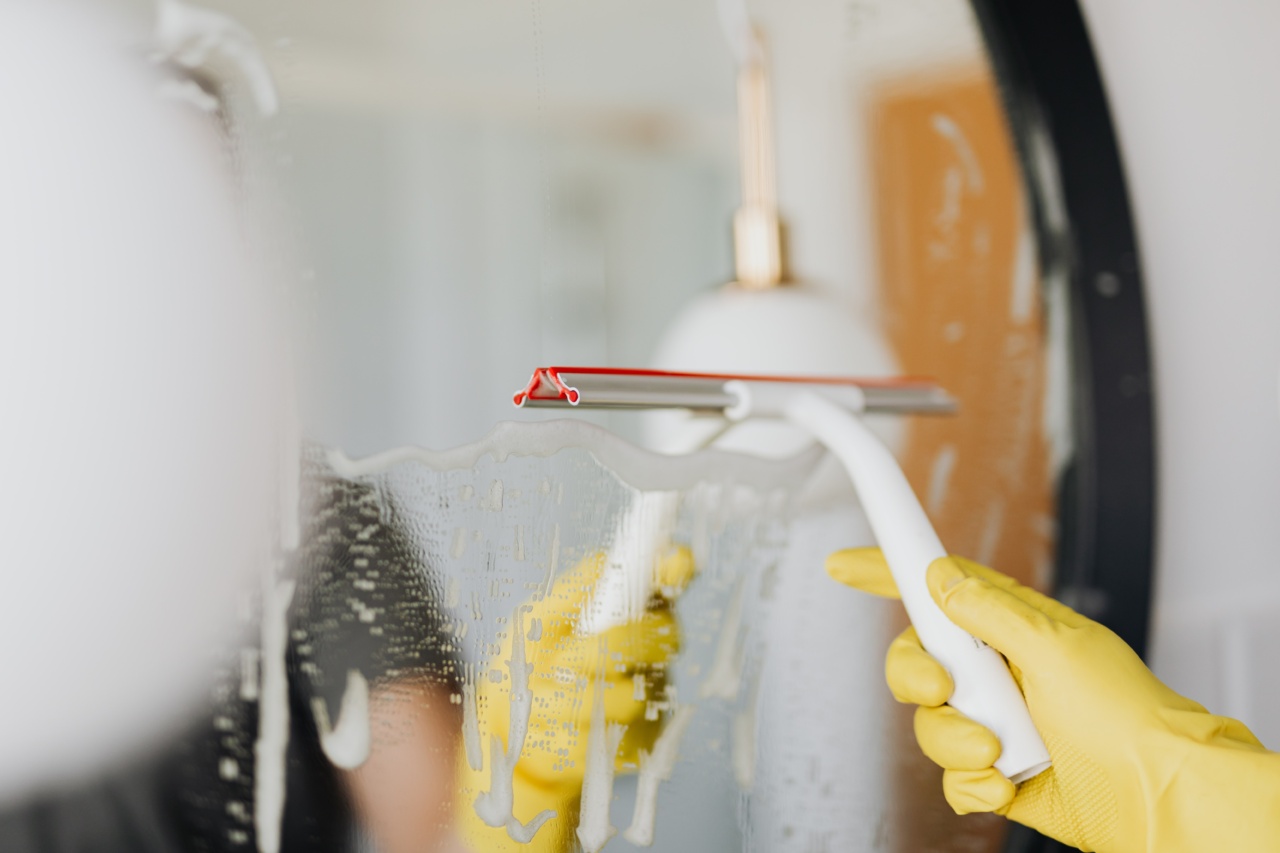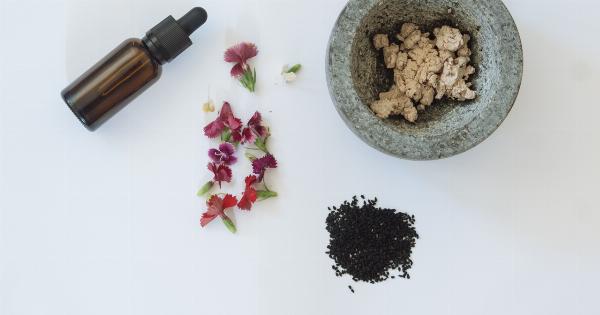Eczema, also known as atopic dermatitis, is a common skin condition that affects millions of people worldwide.
Characterized by itchy, inflamed, and dry skin, eczema can be incredibly uncomfortable and can significantly impact a person’s quality of life. While there is no known cure for eczema, there are various treatment methods to manage its symptoms, one of which relates to the water we use.
The Connection Between Eczema and Water Quality
Many people with eczema have reported that the quality of the water they come into contact with can either aggravate or alleviate their symptoms.
While it may seem surprising, unclean water can have adverse effects on the skin, especially for those with sensitive and irritated skin like eczema sufferers. Here are some key reasons why clean water is essential for people with eczema:.
1. Chemical Irritants
Tap water often contains various chemical irritants, such as chlorine and chloramines, which are used to disinfect the water supply.
While these chemicals help eliminate harmful bacteria, they can also strip the skin of its natural oils and disrupt the skin’s protective barrier. When this barrier is compromised, the skin becomes more vulnerable to irritation and inflammation, worsening eczema symptoms.
2. Hard Water Minerals
Hard water, which contains high levels of minerals such as calcium and magnesium, can be harsh on the skin. When hard water evaporates, it leaves behind mineral deposits on the skin, causing dryness and irritation.
Eczema-prone individuals are particularly susceptible to these effects, as their skin barrier is already compromised, making it harder for them to retain moisture.
3. Bacterial and Microbial Contamination
Unclean water can harbor bacteria, fungi, and other microbes, which can exacerbate eczema symptoms. The presence of these contaminants can lead to infections and further inflammation of the skin.
It is especially crucial for individuals with open skin lesions or broken skin, commonly seen in severe cases of eczema, to avoid exposing their skin to contaminated water.
4. Allergens in Water
Some people with eczema are sensitive to certain allergens that can be present in unclean water sources.
For example, water from wells or rivers may contain pollen, mold spores, or other environmental allergens that can trigger allergic reactions and worsen eczema symptoms. Clean water helps minimize exposure to such allergens and reduces the risk of triggering flare-ups.
Ways to Ensure Clean Water for Eczema Care
Given the importance of clean water for people with eczema, it is essential to adopt practices that help reduce exposure to potential irritants. Here are some effective measures to consider:.
1. Filtering Showerheads
Using showerheads with built-in filters can help remove chlorine and other chemicals from the water, reducing their impact on the skin. These filters are relatively inexpensive and can make a significant difference in managing eczema symptoms.
2. Water Softeners and Conditioners
Installing a water softener or conditioner can be beneficial for individuals living in areas with hard water. These devices help remove excessive minerals from the water, making it gentler on the skin and less likely to cause dryness or irritation.
3. Avoiding Hot Water
When bathing or showering, it is best to use lukewarm water instead of hot water. Hot water can further strip the skin’s natural oils, leading to dryness and aggravation of eczema symptoms.
Opting for milder temperatures can help maintain the skin’s moisture balance.
4. Regularly Cleaning Water Sources
Regularly cleaning and disinfecting water sources, such as bathtubs, sinks, and faucets, can reduce the risk of bacterial contamination.
This practice is particularly important for individuals with eczema, as their compromised skin barrier can make them more susceptible to infections.
5. Moisturizing After Water Exposure
After coming into contact with water, it is crucial to moisturize the skin promptly. Using a gentle, fragrance-free moisturizer helps seal in moisture and supports the skin’s protective barrier function.
Moisturizers should be applied within a few minutes of water exposure to prevent excessive drying.
6. Investing in Water Testing
For individuals who are concerned about water quality, it may be beneficial to invest in water testing.
Various companies offer at-home water testing kits that can detect contaminants, allowing you to take appropriate measures to ensure clean water for you and your family.
Conclusion
Clean water plays a vital role in managing eczema symptoms and promoting skin health.
By reducing exposure to chemical irritants, hard water minerals, microbial contamination, and allergens, individuals with eczema can experience a significant improvement in their condition. Incorporating water filtration measures, avoiding hot water, and maintaining proper hygiene practices can all contribute to a healthier and more comfortable life for those living with eczema.






























